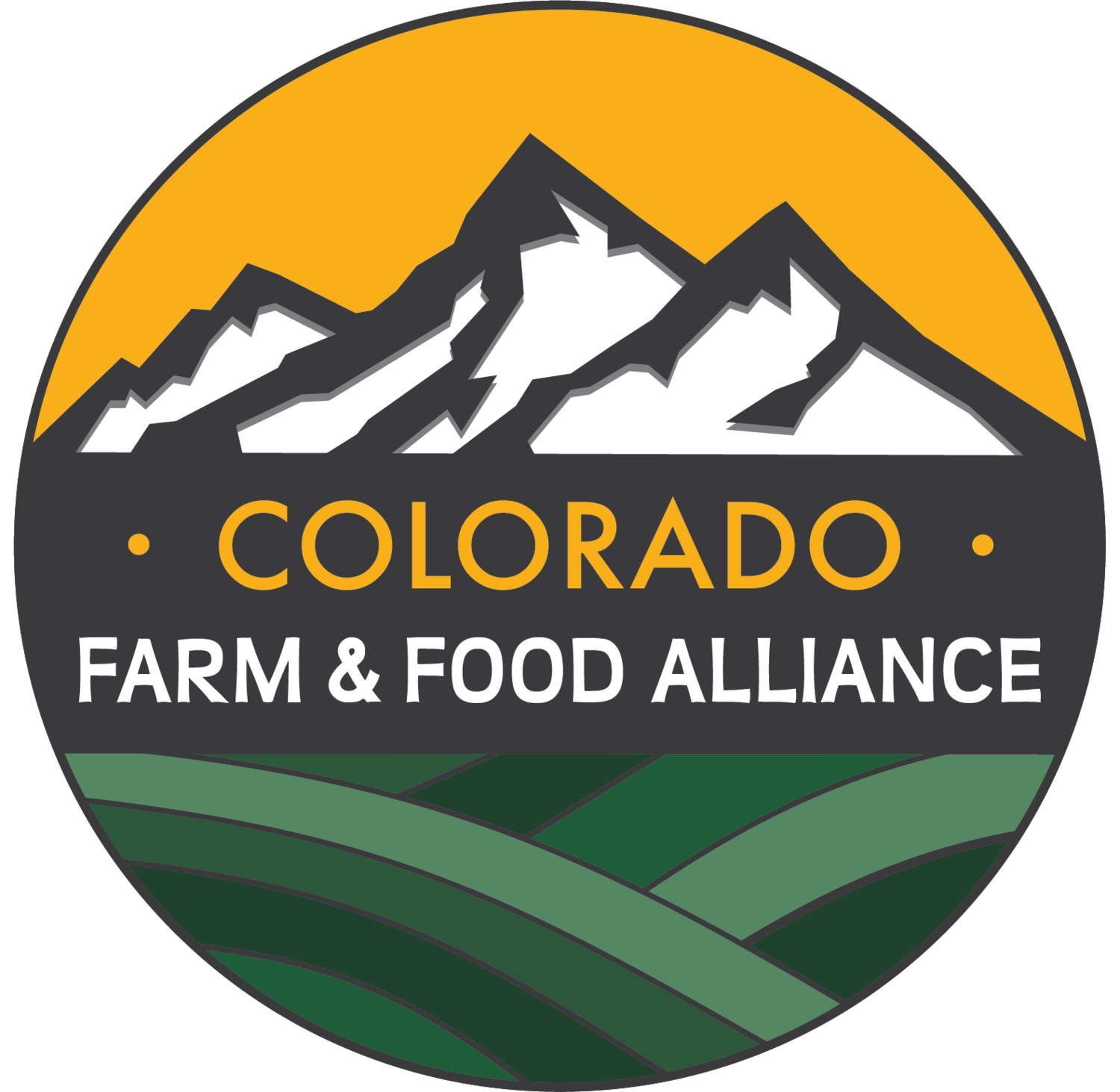2024 Farm Bill Holds Promise for Regenerative Practices
With days still blustery and cherry trees just starting to bud in DC, the National Sustainable Agriculture Coalition members convene at the beginning of each year to strategize around national priorities. This year the Farm Bill is back at the top of the agenda. That legislation, which covers many things related to farms, food, nutrition and rural development, comes up for reauthorization every five years. Or it's supposed to, it was due for renewal last year but was extended. Which gives everyone one more year to make improvements.
From Delta County to DC
Elizabeth Agee from Colorado Farm and Food Alliance joined the coalition meeting this year to advocate for and learn more about conservation and sustainable energy parts of this legislation, and to join in calling to strengthen federal support for small farmers.
She met with the offices of Colorado’s U.S. Senators Michael Bennet and John Hickenlooper, as well as Representative Caraveo who sits on the House Agriculture Committee and has made the Farm Bill a top priority. All were very amenable to supporting Colorado’s small farms and ranches and expanding conservation, regenerative agriculture and sustainable energy opportunities in federal funding.
Some of the exciting developments around the Farm Bill include expansion of programs like the Conservation Stewardship Program and EQIP (Environmental Quality Incentives Program) both of which support farmers who are transitioning to practices like cover crops, holistic grazing, native pollinator plants in market gardens, agroforestry, alley cropping and more. We encouraged policy makers to expand and maintain funding for these programs as well as ensuring contracts operate on a multiyear basis, the timespan it takes for these practices to be productive and profitable. We also like to see more funding and easier access for the Rural Energy for America Program (REAP) that can help expand solar on farms.
We also learned that science is catching up with politics. There are several bills, with varying degrees of support, that fund and incentivize regenerative agriculture practices that we know have positive adaptations and mitigations to address climate change, such as pasture based holistic grazing, year round cover crop plantings and coverage on working lands and native plantings. Some bills to watch for in the coming months, and that could become part of a Farm Bill, include the Grazing Lands Conservation Initiative, State Assistance for Soil Health and the Agriculture Resilience Act.
Local farmers who are interested in pursuing federal funding should consider participating in programs like the Conservation Stewardship Program, where farmers and ranchers are provided annual payments for switching to regenerative practices like holistic grazing and cover crops. Payments for this fiscal year (2024) are slated to increase from $1,500 to $4,000 annually, a figure that could make it easier for farmers to lessen their risk of transitioning practices and offset income loss during the transition to different crops.
Now is a great time to speak up for Colorado agriculture!
Producers might also be interested in the Whole Farm Revenue Protection Plan program, which makes it possible for farmers to include a diversity of products in their insurance plans as well as commodity plans and safeguard against some of the risks associated with experimentation.
Expanding this program could be especially important for regenerative minded systems that incorporate multiple crops like alley cropping.
Colorado Farm & Food Alliance was excited to participate, and to have Elizabeth at the NSAC convening and representing us on the Hill. Keep an eye out in this space, and on our social media, for more funding opportunities and resources that we hope to be sharing soon!


